Your Voice
This post is a couple of days late, but it was inspired by a twitter conversation. It was about rejection. I asked her a bit about her rejection letter and she told me that she got so tied up in getting it perfect that she lost herself in it.
This is SO easy to do. And it’s SO VERY COMMON. In the grand attempt to do everything perfect, your MS can become generic. It can lose your voice. Because the temptation is to make it like other things, to read those great authors the editors suggest you read, and then try and make yourself ‘sound’ like them. Or structure a book like they do. Or have your heroine make a choice their heroines would make.
Even if it’s not emulating someone else, it can be easy to just pull back on everything. No risky elements. No unexpected, quirky word choices. Those feel scary. They don’t feel safe.
I was one hundred percent guilty of this when I was trying to sell my first book. My list of sins was long. But one thing I was very, very guilty of was relying on cliche actions and reactions with my characters. When my hero kissed my heroine, she gave a cry. When the hero bought her clothes, she refused them. After they made love she covered her breasts with the sheets out of modesty. The list goes on.
These actions, in and of themselves, aren’t necessarily wrong, it’s just that they didn’t fit the character. I had moments of good in the MS (I must have because the editor worked with me on it, and eventually bought it!) but mixed in was uneven character actions and strange turns in the book that were brought on by me being afraid to break out and be really different. I was too busy trying to write a book that would sell. I was too caught up in being safely within the bonds of the line, rather than really letting my voice, and the story, soar.
I managed to fix that book after three round of revisions, and it went on to be my debut book. It was in that last round of revisions (a half rewrite!) that I threw my hands up and said, “This is it. Go big or go home.” Knowing that I was at Last Chance Point (at least in my mind!) gave me the push to forget about being perfect, and focus on getting intensity, emotion, and real, believable characters onto the page.
As I’ve gone on, the ability to let my voice show through, the ability to trust my instincts and let a MS come from me, rather than what I think expectations might be, has become easier.
So I have some tips on letting your voice shine through!
1. Just write – don’t be afraid to put words down on the page that aren’t polished or pretty.
2. Don’t polish yourself out – it’s a temptation to keep polishing, and keep polishing your words. And polished is important, don’t get me wrong. But there’s a point where it can hit Generic Prose Anyone With Talent Could Have Written. And you’ve buffed out anything unique that you might have had!
3. Don’t try to be perfect – Perfection is both subjective and, frankly, non-existent. Some people might disagree with me on this, but I found that when I was writing with the aim to NOT GET REVISIONS and to TURN IN SOMETHING PERFECT I was writing too cautiously. I wasn’t taking the book to the interesting places it could have gone because I was so caught up in being RIGHT when I had to take the risk of being wrong so that I could make the book the best it could be.
4. Your voice is a part of you – yes, it can change and refine, mature. But your voice is your voice is your voice. The very good thing about this is that you can’t truly lose it. It’s a part of you. Even if you miss the mark on a MS (and I think this often happens because of pressure!) that doesn’t mean it’s gone.
5. Trust your voice – because, as I said up there, it’s a part of you. It’s the natural part of writing for me. Craft, I had to learn. Story structure, pacing and character development, I had to learn. (I’m still learning!) But voice is a part of who you are. So don’t be afraid to LET it be natural. Don’t try to twist and tweak and contrive everything you write. Trust your voice.
Your voice is what separates you from everyone else, so don’t be afraid to let it be loud, and different. 😉
Questions are welcome as always!
Comments
13 Responses | TrackBack URL | Comments Feed
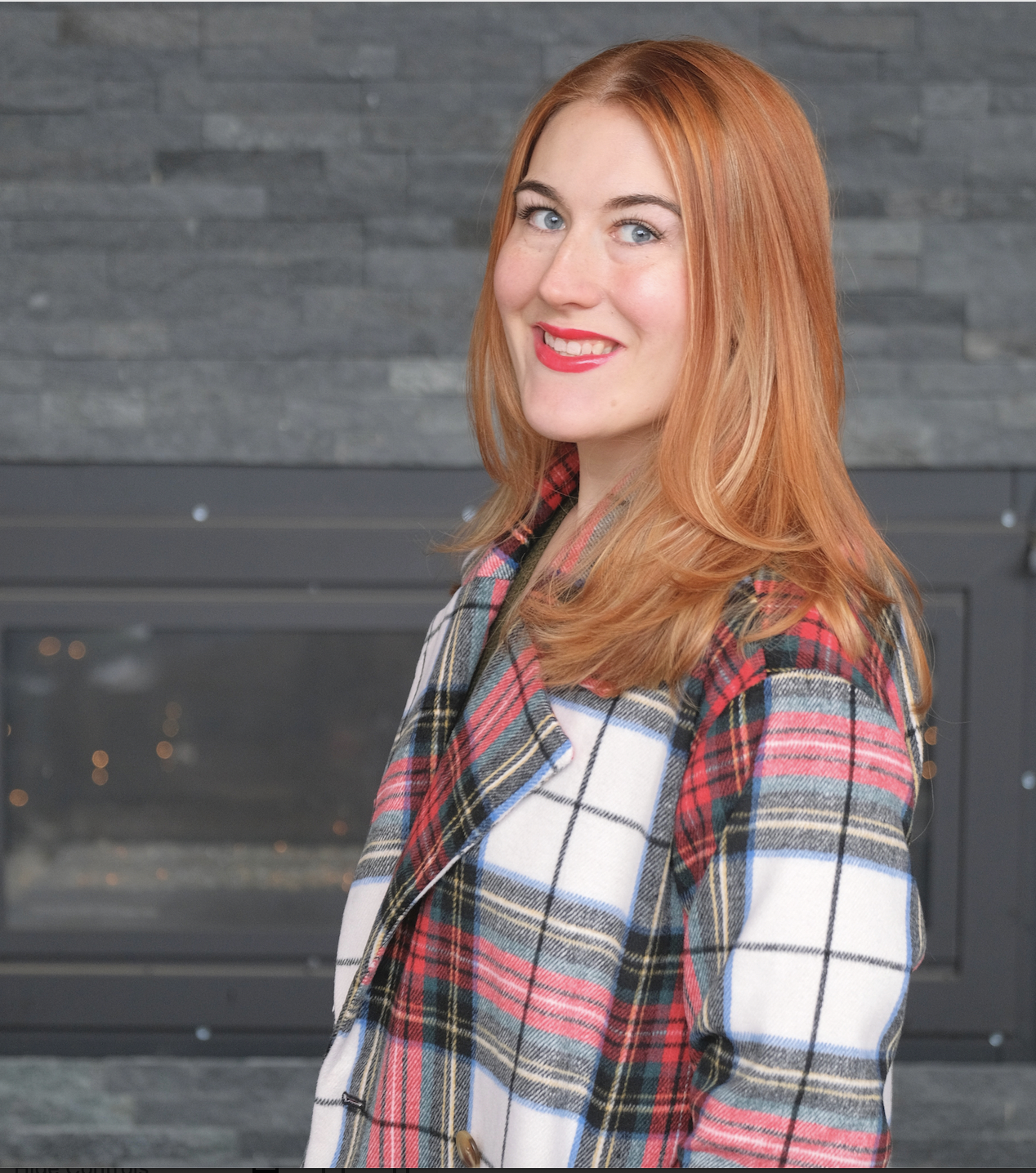
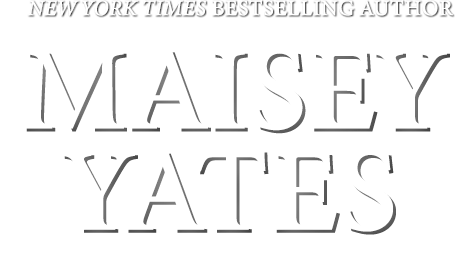
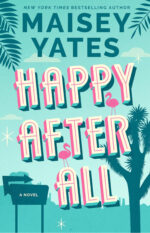
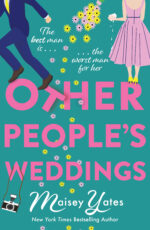

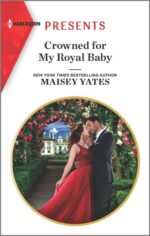
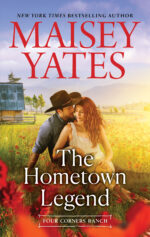

Great post Maisey – thanks!! I was hoping to get a chance that you got to revise etc but not to be. But I will go on and I will keep writing 🙂
Yes. This. All of it.
It can be hard sometimes to be true to your voice. Or at least it was for me. I woudl say 90% of the rejections I’ve gotten over the years have had to do with voice–it’s too old, it’s too young, it’s too light, it’s too perky. I write like a weird cross between Galinda from Wicked and Buddy from Elf. I’m OK with that. But when the market is selling mostly gothic, dark, older, edgier stuff, it can get so, so tempting to shirk your voice and write like what’s selling.
The problem with that is, your voice is your voice. And you can’t really change it. It’s not like a secondary character or a subplot you can cut out if you need to. It’s who you are. It’s how you tell stories.
So if you sound like Macy Gray, don’t bother trying to sound like Adele. It’s never going to happen. And chances are, your voice is fine just the way it is.
Great post. I’m guilty of over-polishing I think. I have a hard time knowing when to say it’s done, it’s the best it can be…then I find myself questioning everything…
So, so true, Maisey.
I’d also like to add the corollary of “don’t write too much to the market”.
I had the funniest experience recently in which I wrote a book that was wacky and out of left field, even for me. Then, thinking that I should clean up my act, I wrote a sequel with the idea that I would write “exactly what people wanted”—I wrote a subby, subby sub, and an alpha, alpha-y alpha (as opposed to my normal reluctant alphas and bossy heroines/beta heroes). Y’know what? Everyone bought the weird book. The one where I tried to write what I thought people wanted? Meh… It’s gotten good reviews… It’s a good story… It sold okay… But it didn’t perform like I’d thought it would.
Maybe people just don’t trust me to be normal. But I don’t think that’s entirely it. I think readers can tell when you’re doing something against your nature. They’re smart that way :). So, the only solution is to be yourself and write the stories that only you can tell. And even if those stories aren’t like everyone else’s, they’ll be your best work.
Super post and very timely. I think you are telephathically linked to what is going on in my head as you often seem to post about something that I’m struggling with. I am guilty, guilty, guilty of ignoring my voice because I think it’s wrong, it doesn’t fit, it doesn’t sound like I think others think it should sound like! Reading a book at the weekend it brought that home to me yet again that I’m still not allowing my voice, my way of telling the story to shine. I’m too busy trying to conform and follow endless technique advice that the essence is draining away. I’ve not been on Twitter very much recently so I’m glad I saw the link to this post. Sometimes we just need to know that others feel the same way – it’s very reassuring.
Yeah, I’d had this EXACT problem. I lost my voice completely to pressure and fear while trying to write what I thought the editor wanted to see. It was SO hard. I’ve never been closer to giving up. Pulling myself out of it has been really difficult but I have. And re-discovered my voice in the process.
One of the best processes I did last year was write a story I wanted to write, that wasn’t intended to be sent out anywhere. It was one I LOVED writing and I think I rediscovered myself in the process. It was fantastic.
Daisy’s right, it’s the stories only you can tell that will be your best work. 🙂
I really love your posts Maisey, there always interesting and as an aspiring writer, I find them useful.
I totally agree with your sentiments however, I think a key component is also confidence. Over the years I’ve learnt techniques and all the other important things you need to know when writing romance. But it’s taken ages for me to have the confidence to write what I like.
Yes I’m writing category which is different to ST but with my current mss I’m having fun and putting in all the quirks which make me laugh and love my characters even more. I’m hoping the eds like it and if not, I’ll write another one but it will be something I like.
Over the years I’ve read a ton of category novels and I can tell when the author enjoyed writing the book.
I don’t ever want to be known as a writer who “churns” the books out. I want my (potential) readers to love my characters as much as I do.
Thanks again for a fab post and I enjoyed reading everyone else’s feedback 🙂
PS – I love Carol Marinell’s books and with one of her latest, the hero confesses about his terrible past. Instead of the heroine being sweet and giving him an understanding squeeze of the hand, she basically said something like “boo hoo to you”. It suited the heroine to a T and it was refreshing to see a strong, vibrant heroine who’s not shy to say what she thinks 🙂
Nicole, you WILL have your chance. Keep going!
Liz, SO true. You try too hard to be someone else and you sound like a cheap imitation. There’s no point to that at all! You have to be you!
Victoria, it’s a fine line to walk. When things don’t even make sense to me any more I know I’ve read it too many times.
Daisy, that’s so true. You have to know your readers. And you have to write what rings true to you. And trends change so quickly that writing too them is sort of a losing battle.
Alexandra, I’m sure you’ve heard this advice but I’m going to give it to you anyway: Let go. Be confident. Be free. See what comes out of you. Trust that you’ve absorbed enough technique to have instinct as to where the book should go. You might surprise yourself.
Jackie, I read your ‘just for fun book’ and I KNOW it worked for you. I could read the freedom in it, and it HAS transferred to your other work. So, everyone, I highly recommend trying that, if you’re stuck! LOL
Joanne, I think confidence is VERY important. It’s one reason I think my true voice comes out easier now. I have more confidence in what I do. (Although, you should be aware that if you write category, people will say churn, no matter what you write, how you write it or how many you write. 😉 )
Thanks, Maisey. 🙂
So if your gut says use a 50 cent word but you’ve read books that use the 1.00 version of the same word – do you go with the 50 cent version because it seems more ‘you’?
Marcie, the most valuable word is the one that fits you and your characters. 🙂
thanks Maisey!
[…] at The Book Trust. Especially useful stuff from Patrick Ness and funny stuff from Evie Wyld Your voice Maisey Yates talks about not letting yourself erase your personal voice from your writing. It was […]